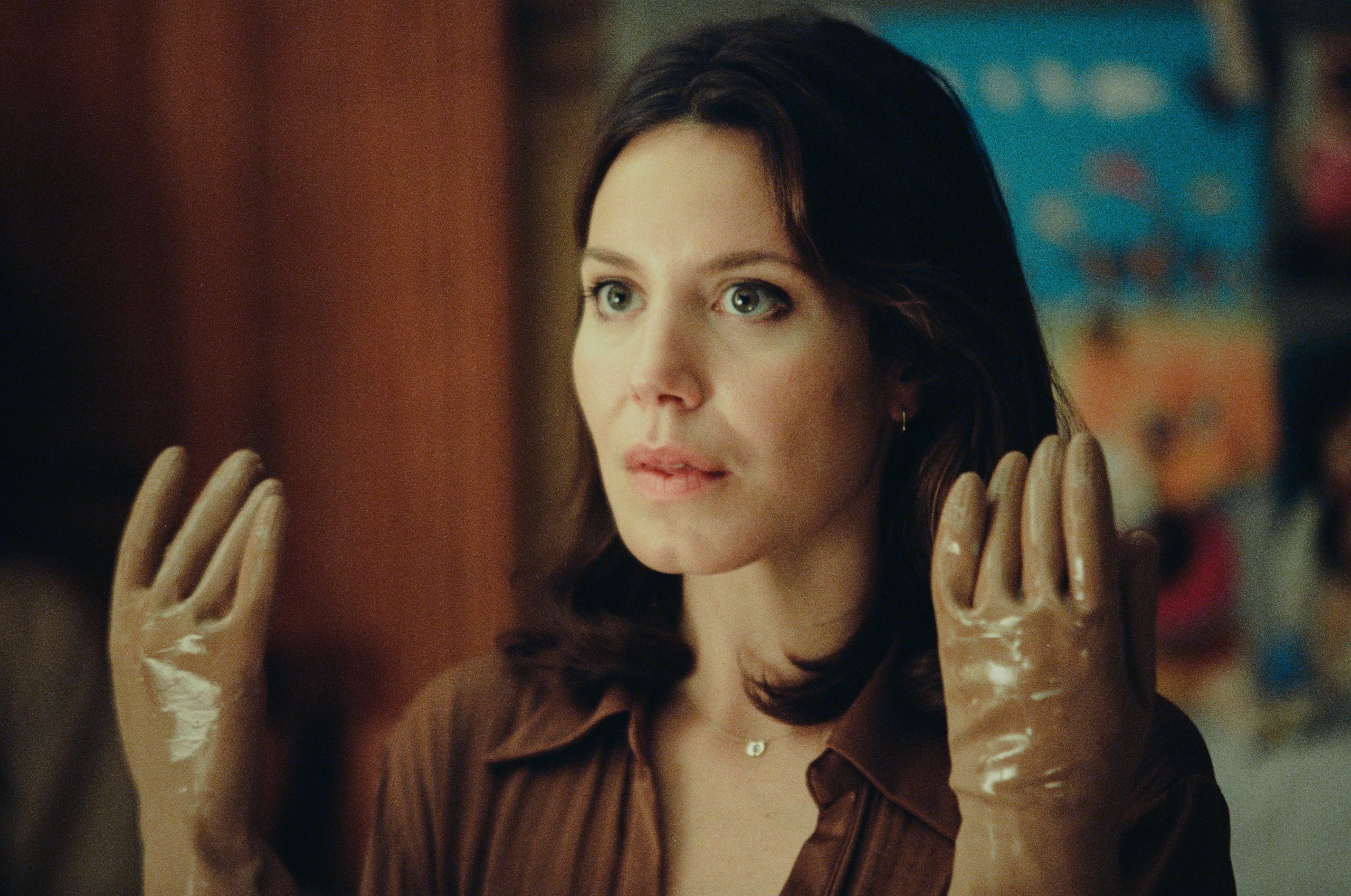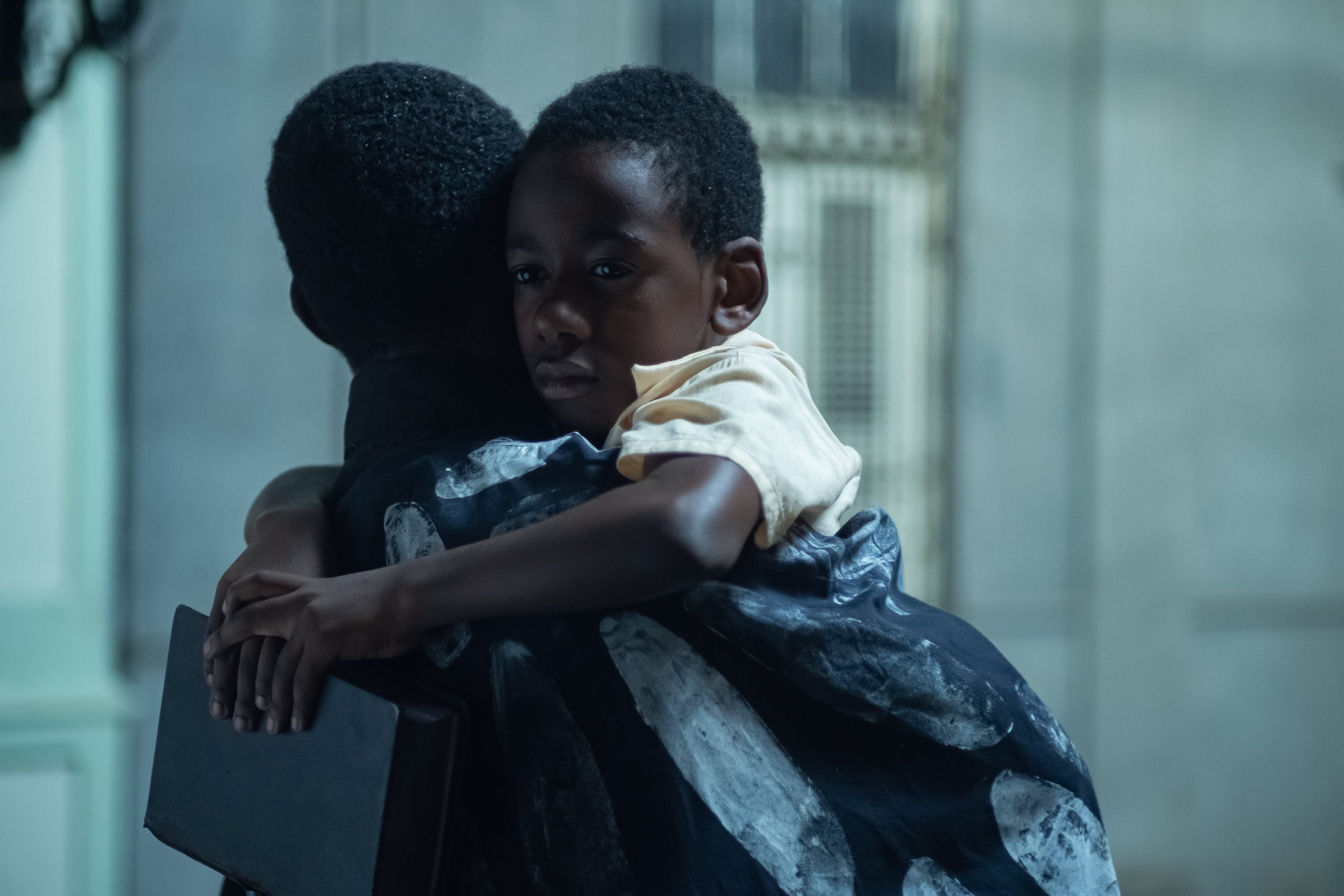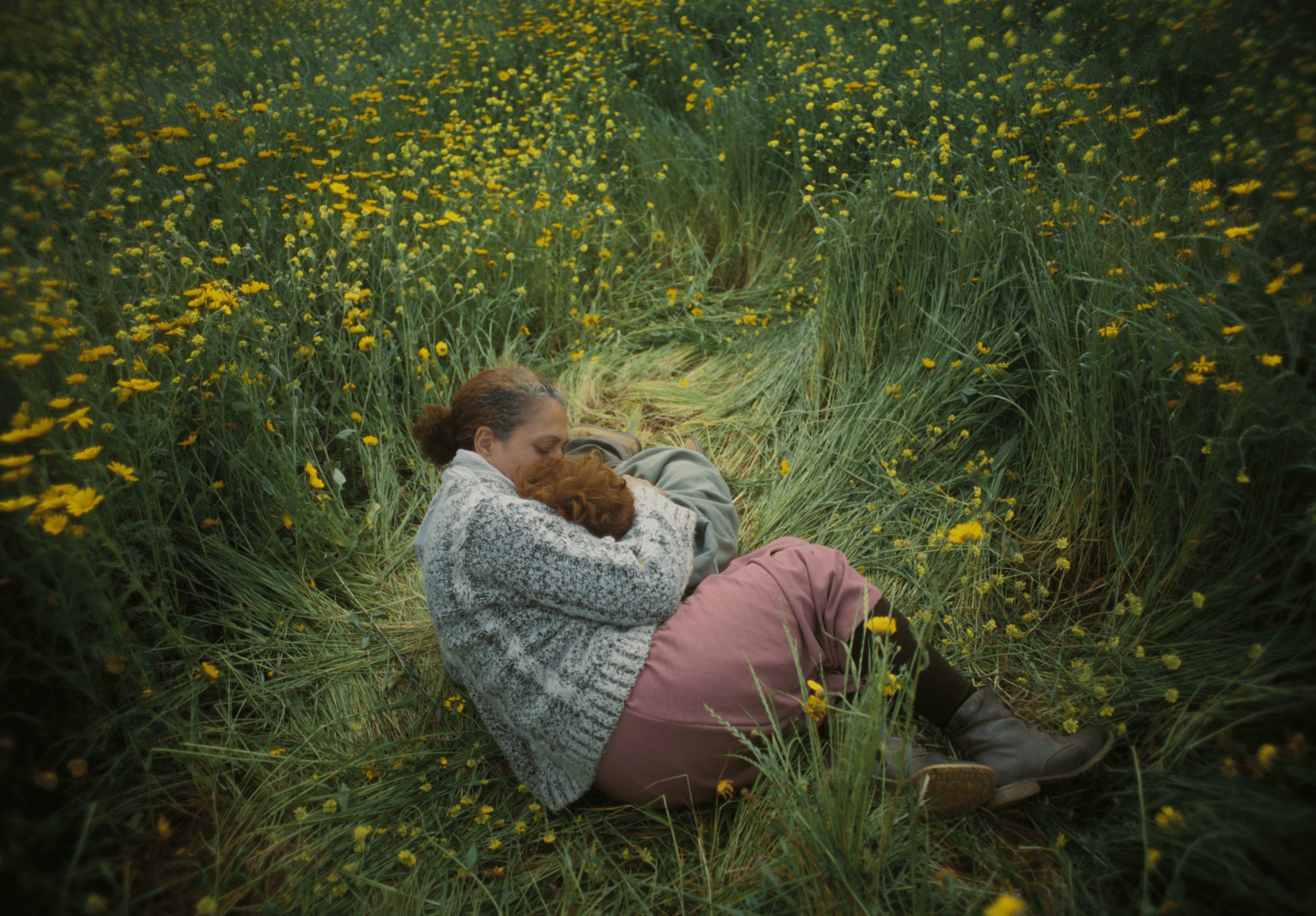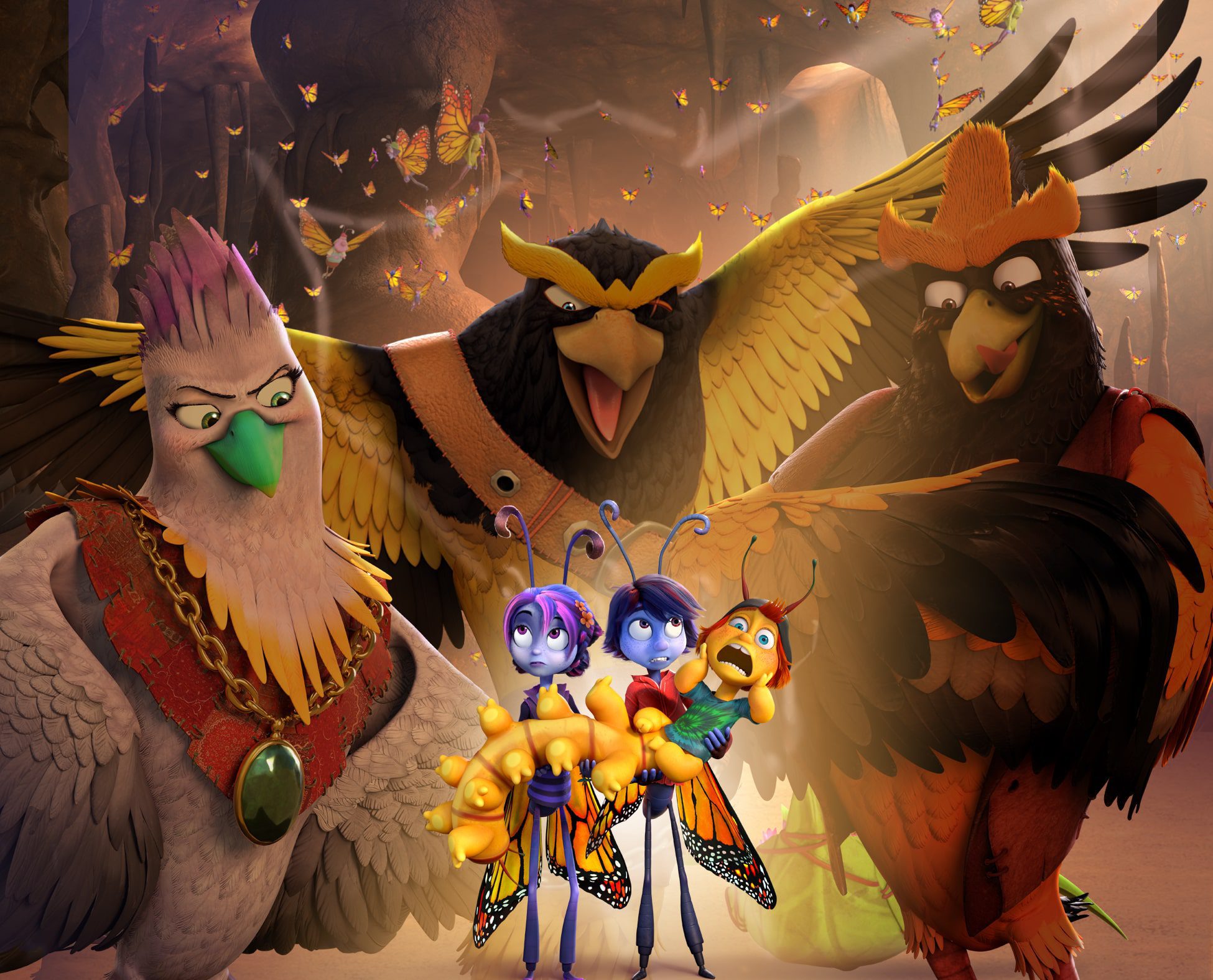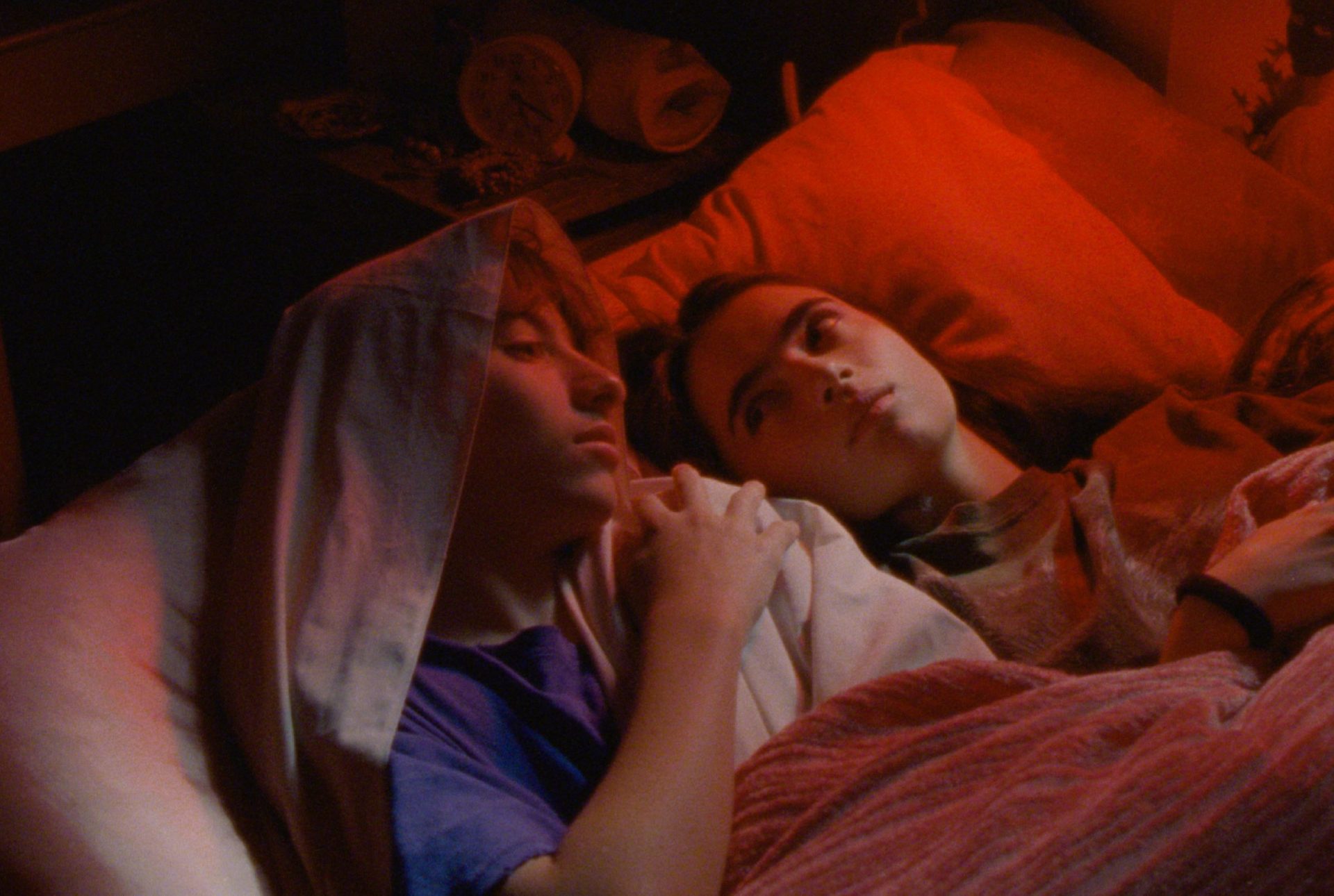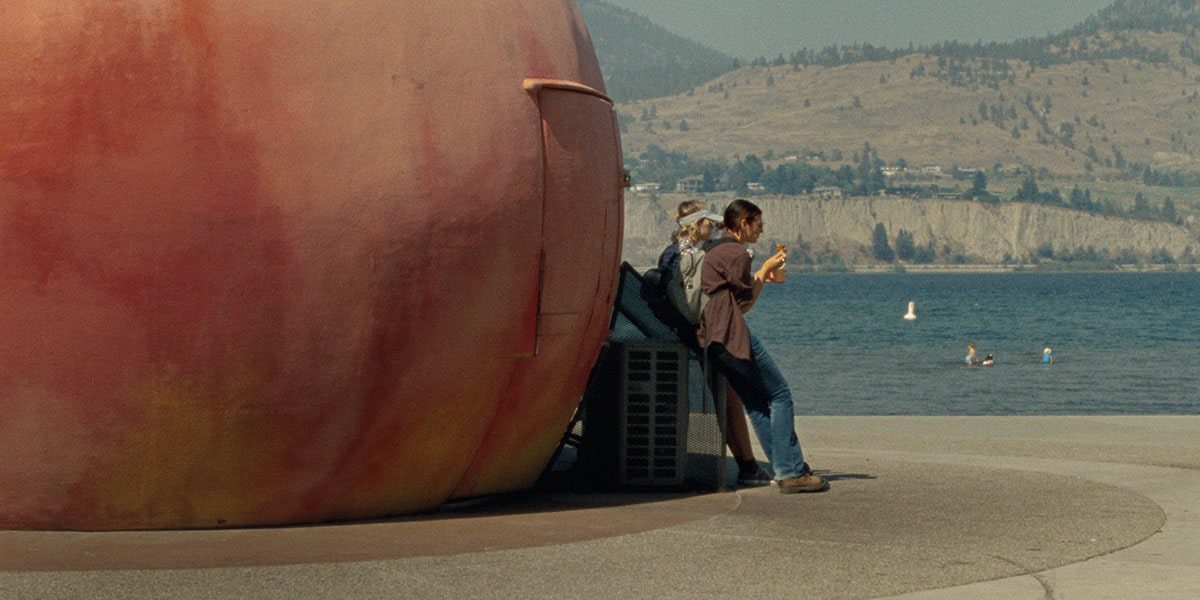Canada is proud to be a global coproduction leader. Every year, we make close to 60 official coproductions, amounting to more than $500 million and ranging from film to television, videos and interactive digital media productions. Coproducing with Canada: easy peasy.
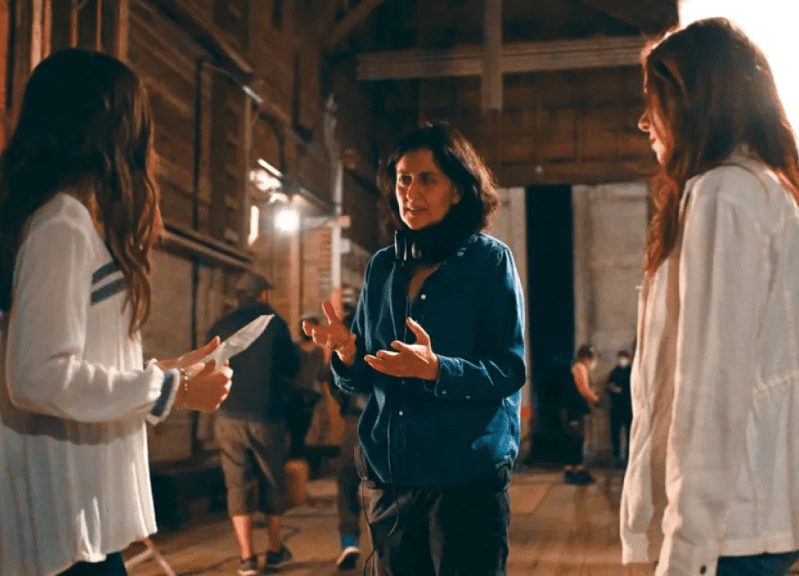
working with Canada
QUICK facts about Coproducing
- Shared responsibilities and risks in project financing and production
- Access to Canadian financing
- Access to financing from co-producing countries and Eurimages
- Access to a larger pool of creative and technical talent
- Access to larger distribution networks
spotlight on coproduction TREATIEs
Promoting cultural diversity
Treaties are signed by the Government of Canada (through the Department of Canadian Heritage) to foster trade relations and to promote cultural diversity.
Recognized projects
Some treaties now recognize works developed exclusively for online consumption, such as webisodes and other digital media projects.
Competitive internationally
Newer treaties typically offer lower minimum financial contribution thresholds than the 20% to 30% of longer-standing treaties, making them more competitive internationally.
Flexible projects
Newer treaties offer more flexibility regarding key positions, including the use of nationals of non-coproducing countries/states.
Its own terms
Each coproduction treaty specifies its own terms, as well as the minimum financial participation of the coproducers.
Working with +60 countries
We have official coproduction treaties and memorandums of understanding (MOU) in place with 60 countries, and work with our international partners to review and modernize our coproduction treaties.
partner of choice
DOES YOUR COUNTRY HAVE A COPRODUCTION TREATY OR memorandum of understanding IN PLACE WITH CANADA?
France, United Kingdom, Israel, Ireland, Germany, we have official coproduction treaties and memorandums of understanding (MOU) in place with 60 countries, and work with our international partners to review and modernize our coproduction treaties.

Obtain certification
DO YOU QUALIFY AS A COPRODUCTION?
To obtain financing and access a host of other benefits, your project must first be recognized as a treaty audiovisual coproduction.
This is where Telefilm Canada comes in! It plays a key role in recommending projects that can be certified Canadian Heritage. For details, inquiries or to submit a coproduction application recommendation, visit Telefilm’s coproduction page.
3 steps to get started
01
Check eligibilty
See if your country has an official coproduction treaty with Canada. Consult Telefilm’s complete list as well as details, terms, and updates to each treaty or MOU.
02
find a partner or a project
Start exploring Canadian partners and projects. Canadian producers attending international events are often looking for partners (like you) for upcoming coproduction projects. We’ve got projects seeking partners, or bring your project to one of our interested producers.
03
submit your copro
Once you’ve secured a partner, submit the coproduction to your country’s approving authority. Your Canadian partner must submit the project to Telefilm Canada, which they can do online.
TELEFILM CANADA IS RESPONSIBLE FOR EVALUATING AND RECOMMENDING PROJECTS
With its expertise in the administration of financing programs, its initiatives and its collaborative projects between countries, Telefilm dynamically supports the growth of the content industry in Canada.
Telefilm is also responsible for evaluating and recommending projects that are likely to be certified as audiovisual treaty coproductions by Canadian Heritage.

Create with Canada
An introduction to coproducing audiovisual content with Canada.
FINANCIAL SUPPORT
eurimages
Many successful Canadian coproductions have received financial support from Eurimages in recent years. By the way, did you know Canada is the first non-European country to join Eurimages? It just proves that here in the North, we’ve got a head for business!
Since its creation, EURIMAGES has supported
2438
international coproductions
700
million euros
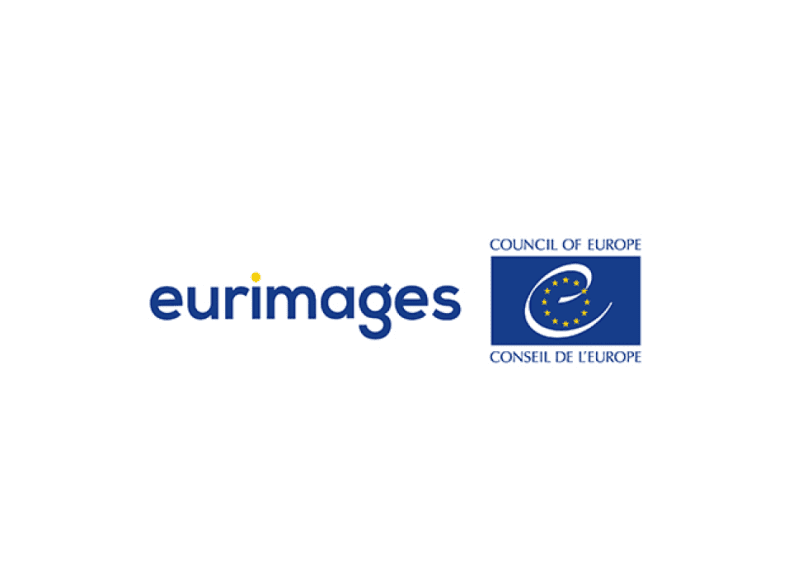
coproduction in numbers
Every year, coproduction in Canada represents
20+
Countries
$500M
in production volume
60+
official coproductions
your country has not signed an official co-production treaty with us?
No problem. There are other ways of working with us.

